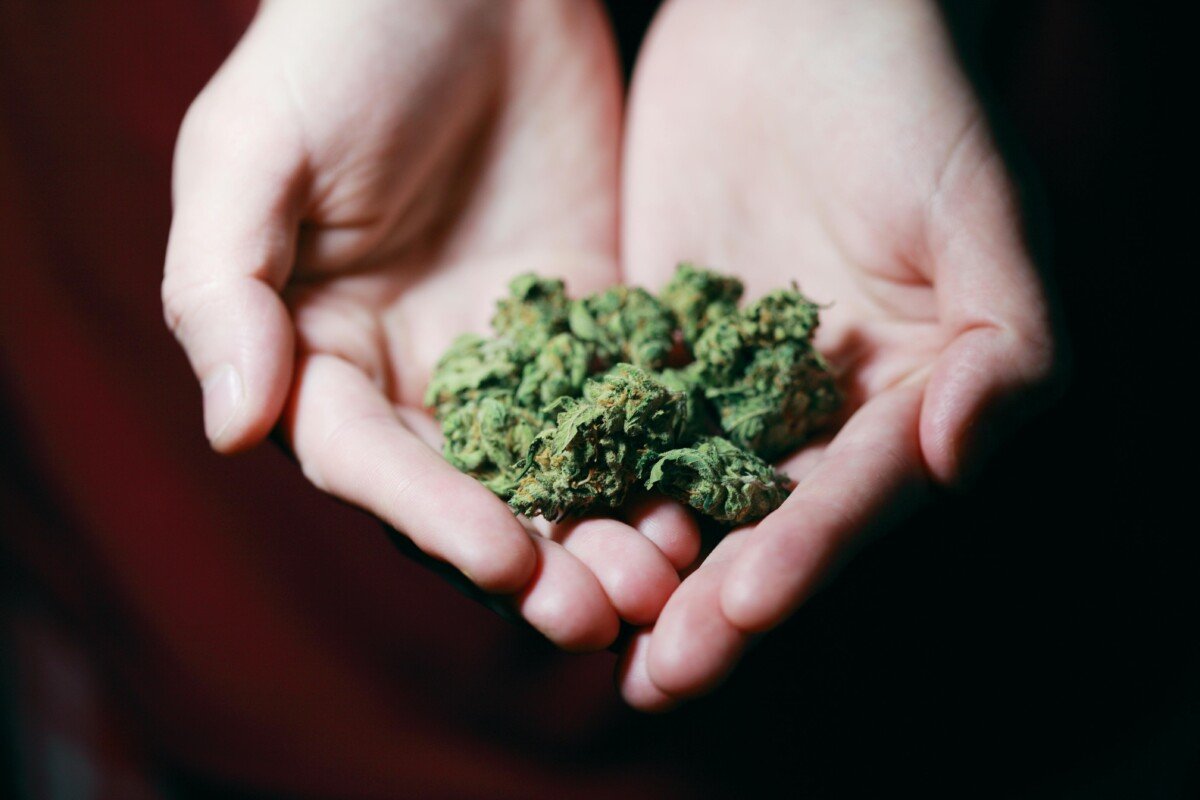For many people, experimenting with recreational substances in youth feels exciting, carefree, and even harmless. But as we grow older, the appeal of getting high often diminishes, and the negative consequences become much more pronounced.
The Shift in Experience
When you’re younger, the brain and body are more resilient. The euphoric effects of substances like cannabis or alcohol can feel strong, while the downsides — such as fatigue or mood swings — may seem mild or easily ignored.
As you age, several factors change the experience:
1. Mental Health Sensitivity
Older adults often notice heightened feelings of depression or anxiety after using recreational substances.What might have been a temporary buzz in youth can now linger as low mood or irritability.
2. Loss of Motivation
Recreational highs can amplify feelings of lethargy, making it harder to stay productive or motivated.Responsibilities increase with age — work, family, financial obligations — and feeling “zoned out” or unmotivated becomes far more problematic.3. Physical EffectsThe body metabolizes substances differently with age, often making hangovers, grogginess, and fatigue more severe.Sleep disruption and lowered energy levels are felt more acutely, impacting daily life.
Why the Buzz Feels Less Rewarding
Diminished novelty: The excitement of getting high often comes from novelty, which fades as you age.Increased consequences: The real-world impact of a lack of motivation or negative mood is greater in adulthood.Cognitive awareness: Older users tend to be more aware of the negative side effects, making the high feel less appealing.
The same substance that felt fun and harmless in your 20s can become counterproductive or even harmful as you get older. Feeling depressed, unmotivated, or physically drained after use isn’t just unpleasant — it can interfere with career, relationships, and overall quality of life.The natural shift is simple: as responsibilities grow and your mental and physical resilience changes, the costs of getting high often outweigh the fleeting pleasure.
Age changes how we respond to recreational substances. The euphoric highs that once seemed harmless give way to depression, lethargy, and diminished motivation. For many adults, the choice becomes less about recreation and more about maintaining mental clarity, energy, and productivity — proving that what once seemed fun is often no longer worth it.



